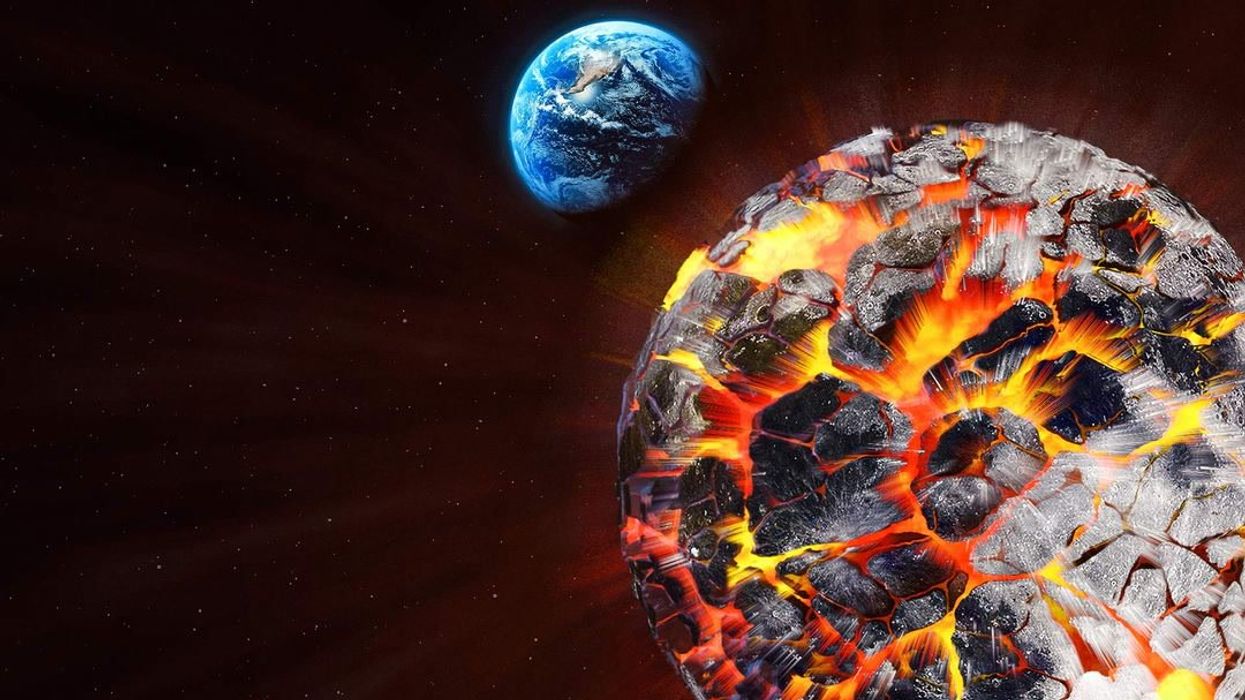Harry Fletcher
Aug 28, 2024
What If the Moon Exploded?
Underknown / VideoElephant
Think you know the Moon? Think again. It turns out that it’s full of secrets which are emerging all the time.
Just weeks after research focusing on the ‘exosphere’ of thin gases that cling to the celestial body unearthed new truths, a study has looked into the initial formation of the Moon and its structure.
Research published in Nature has looked into the origins of the Moon and states that it was first formed after an object the size of Mars collided with Earth.
The resulting impact caused debris to be thrown into space, eventually becoming the Moon.
However, arguably the most surprising element of the research points out that the object was once covered in a layer of lava – or “magma ocean”.
Experts came to the findings after studying samples gathered by the rover Pragyan which was sent to the Moon by India's Chandrayaan-3 mission last summer in 2023.
The samples were taken from the loose rock that sits on top of the Moon’s bedrock, and all samples taken by Pragyan were made up of ferroan anorthosite.
Ferroan anorthosite is a white rock which is also found on earth around the equator, and experts have taken its presence as evidence that the Moon was once covered in a layer of magma after it was formed.
This layer, or ‘ocean’ of magma, eventually cooled over millions of years and formed ferroan anorthosite.
It’s a fascinating development, that just shows that there’s still so much to learn about the Moon.
Meanwhile, it was recently revealed that scientists are closer than ever to uncovering a secret that the Moon has held for decades. New research has focused on the ‘exosphere’ of thin gases that cling to the celestial body and form a type of atmosphere around it.
The nature of this exosphere has baffled experts for decades, and until now researchers have always been unsure as to exactly why it is there. Because, in simple terms, it shouldn’t really exist at all due to the moon's lack of magnetic field.
Sign up for our free Indy100 weekly newsletter
How to join the Indy100's free WhatsApp channel
Have your say in our news democracy. Click the upvote icon at the top of the page to help raise this article through the Indy100 rankings
Top 100
The Conversation (0)














